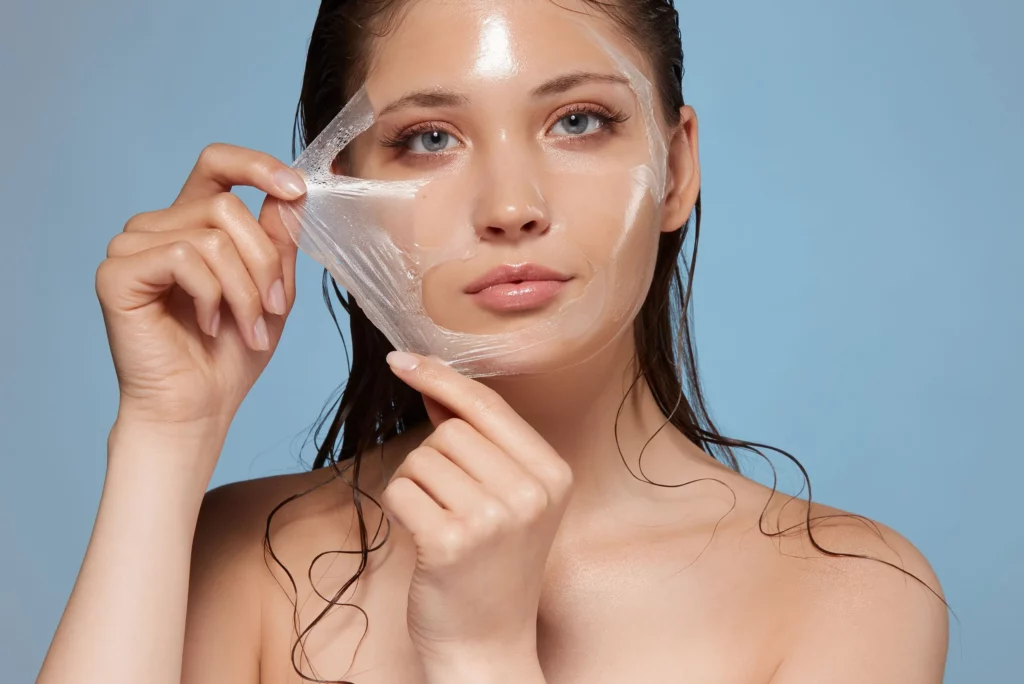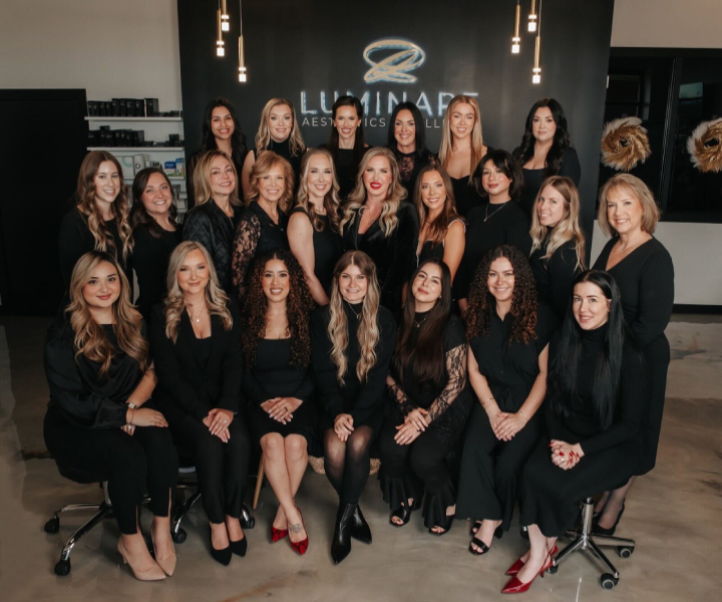Did you know that acne is a common skin condition that affects 80% of the U.S. population at some point in their lives? No matter the age, gender or race, acne is inevitable! Though tackling acne itself is stressful, getting rid of the stubborn acne scars is even worse!
For some people, acne might contribute to depression, poor self-esteem, and diminished self-confidence. The good news is that acne can be treated. The common acne treatment options range from OTC medications to in-house procedures, such as chemical peels based on different types of acne:
Types of acne
 Acne can be divided into two major types: inflammatory acne and non-inflammatory acne. Non-inflammatory acne manifests in the form of whiteheads and blackheads.
Acne can be divided into two major types: inflammatory acne and non-inflammatory acne. Non-inflammatory acne manifests in the form of whiteheads and blackheads.
- Whiteheads – Clogged pores that are closed
- Blackheads – Oil-clogged pores that are open
Inflammatory acne manifests in the form of papules, pustules, nodules and cysts.
- Papules – They form when bacteria, oil and dead skin cells clog the skin and cause inflammation.
- Pustules – Papules with pus
- Nodules – Solid lumps under the skin that can be quite painful
- Cysts – Large, solid, pus-filled nodules under the skin
Fortunately, moderate to severe acne and even acne scars can be treated successfully using chemical peels.
Here’s everything you need to know about chemical peels.
What is a chemical peel?
A chemical peel is a popular non-surgical and non-invasive cosmetic procedure. Here, an acidic solution is applied to the treated area to remove the upper layers of dead and damaged skin. A chemical peel can also speed up the natural healing process and boost the collagen production of your skin.
Different types of chemical peels can help treat different skin conditions, such as:
- Moderate to severe acne
- Acne scars
- Sun damage
- Hyperpigmentation
What are the types of chemical peels?
Chemical peels can be divided into three types based on their level of exfoliation: Superficial, Medium and Deep Peels.
- Superficial peels (aka lunchtime peels) lightly exfoliate the superficial layer of your skin and are ideal for treating active acne. They use lactic acid, salicylic acid or glycolic acid with low potency and are best suited for sensitive skin.
- Medium peels exfoliate the top layer of your skin and can also penetrate a little deeper into the dermis. They are ideal for treating moderate to severe acne scars, hyperpigmentation and even deeper wrinkles. They tend to use potent acids such as trichloroacetic acid (TCA) and glycolic acid.
- Deep peels use high-strength formulas that penetrate deeper into the innermost layer of your skin. They can help with extreme skin conditions such as stubborn acne scars, sagging skin, discoloration, and even sun damage.
How can a chemical peel help treat acne?
Chemical peels work by ‘chemically’ exfoliating the top layer of your skin. The acidic solutions used in these treatments break down the old skin cells and remove them, exposing the fresher looking and radiant skin from underneath. Apart from that, exfoliation also prevents your acne from flaring up by decongesting the clogged pores.
Chemical peels also stimulate quick healing and boost the production of collagen in your skin. As a result, your skin can look clearer, more evenly toned, and glowing!
To conclude, chemical peels can do wonders when it comes to getting rid of different skin conditions. Most importantly, they can help in calming the different types of acne and reducing acne scars.
If you’re looking to try chemical peels as a safe and effective way to treat acne or acne-related concerns, Luminare Aesthetics and Wellness has got you covered.
To get more information about this treatment straight from the experts, schedule an appointment now!


